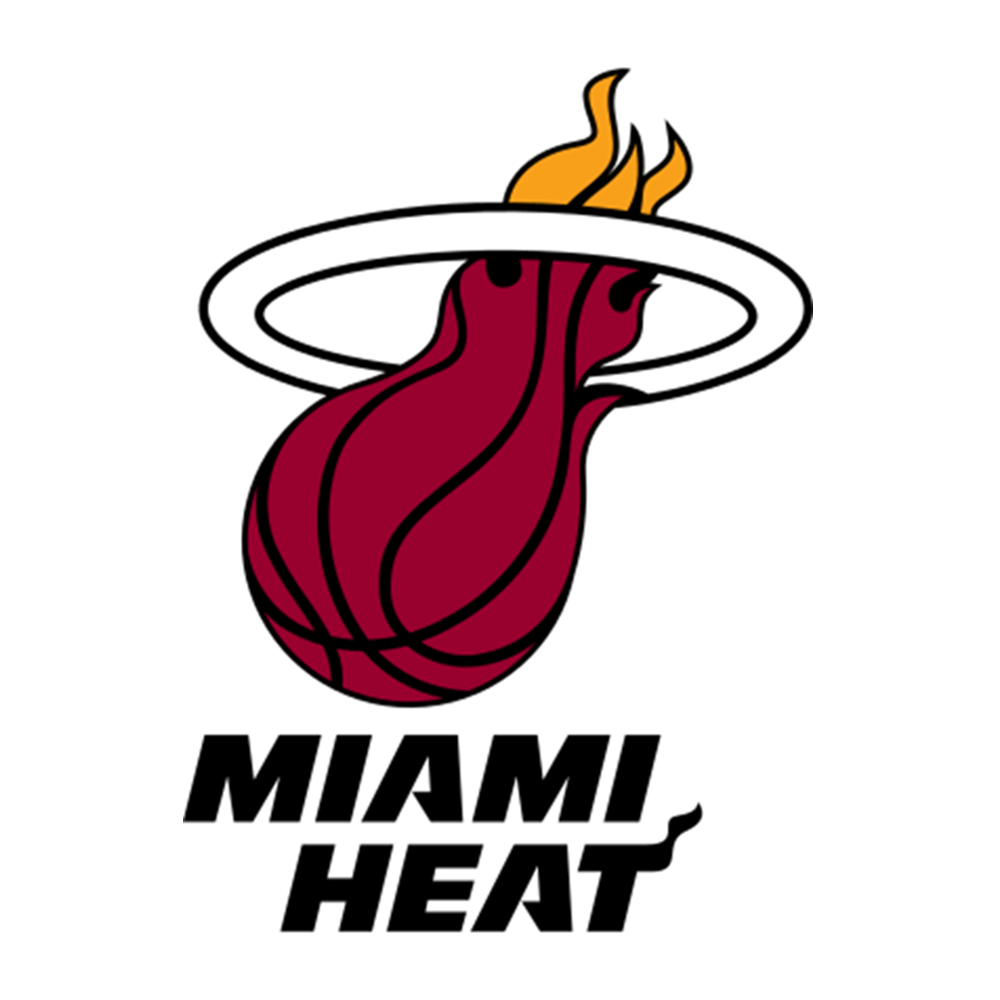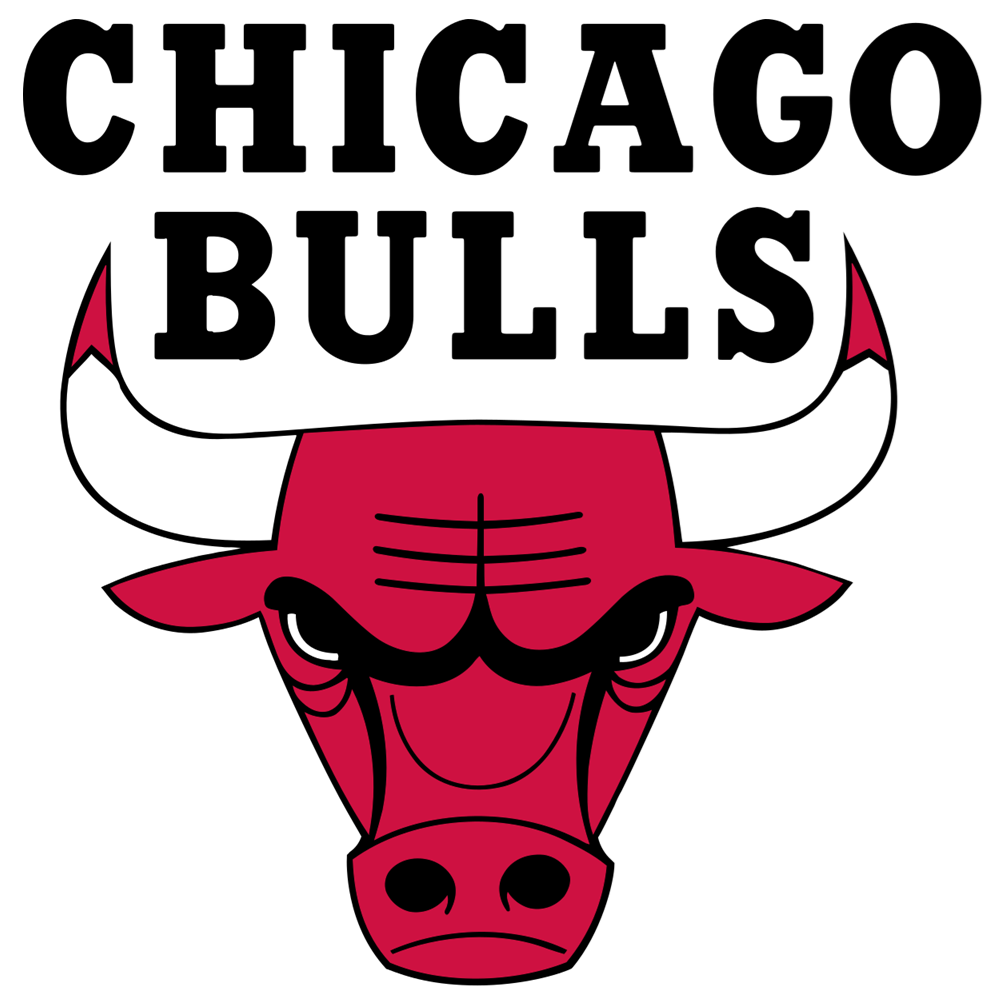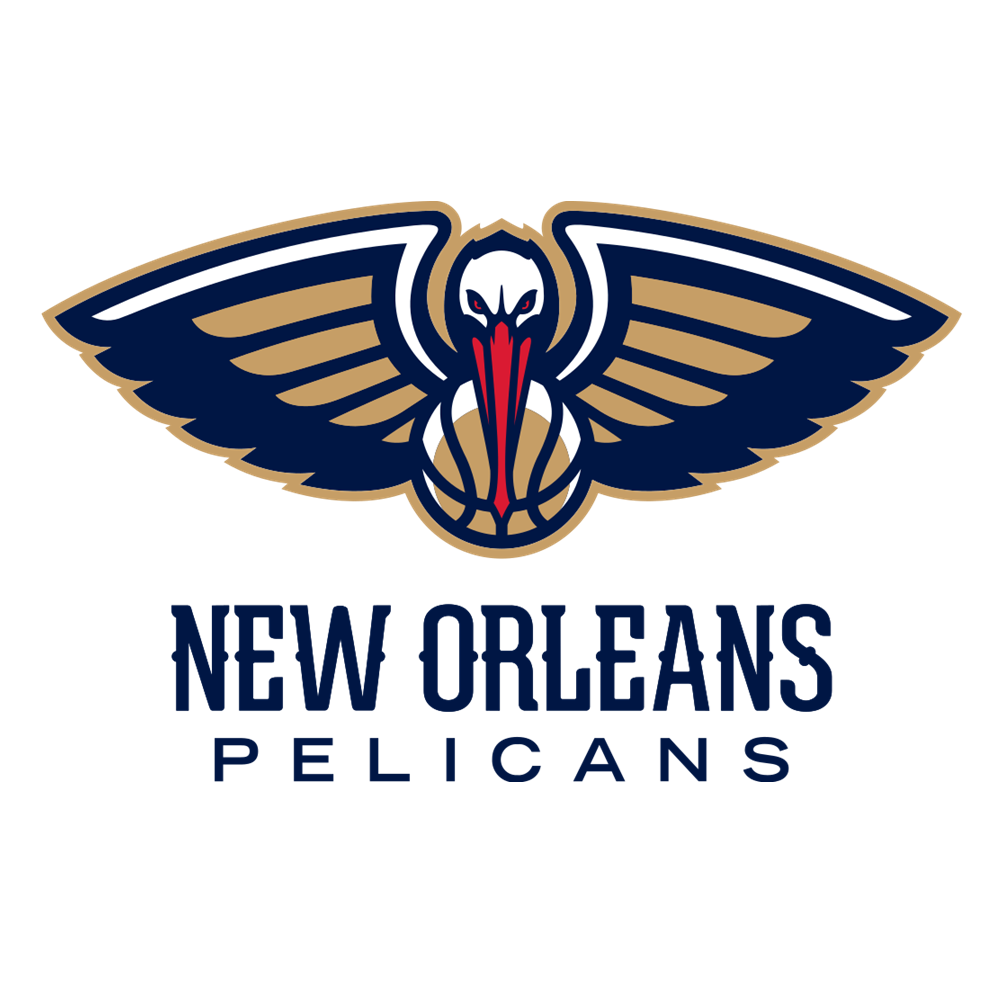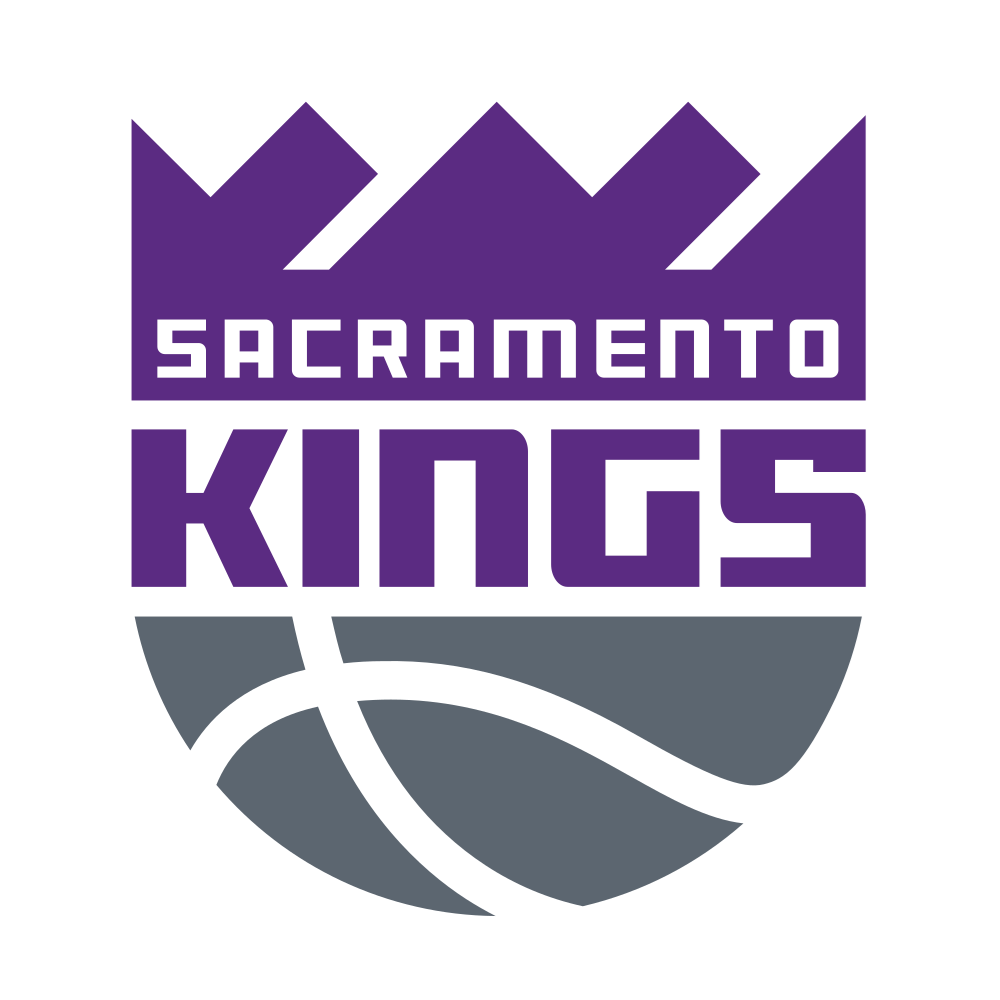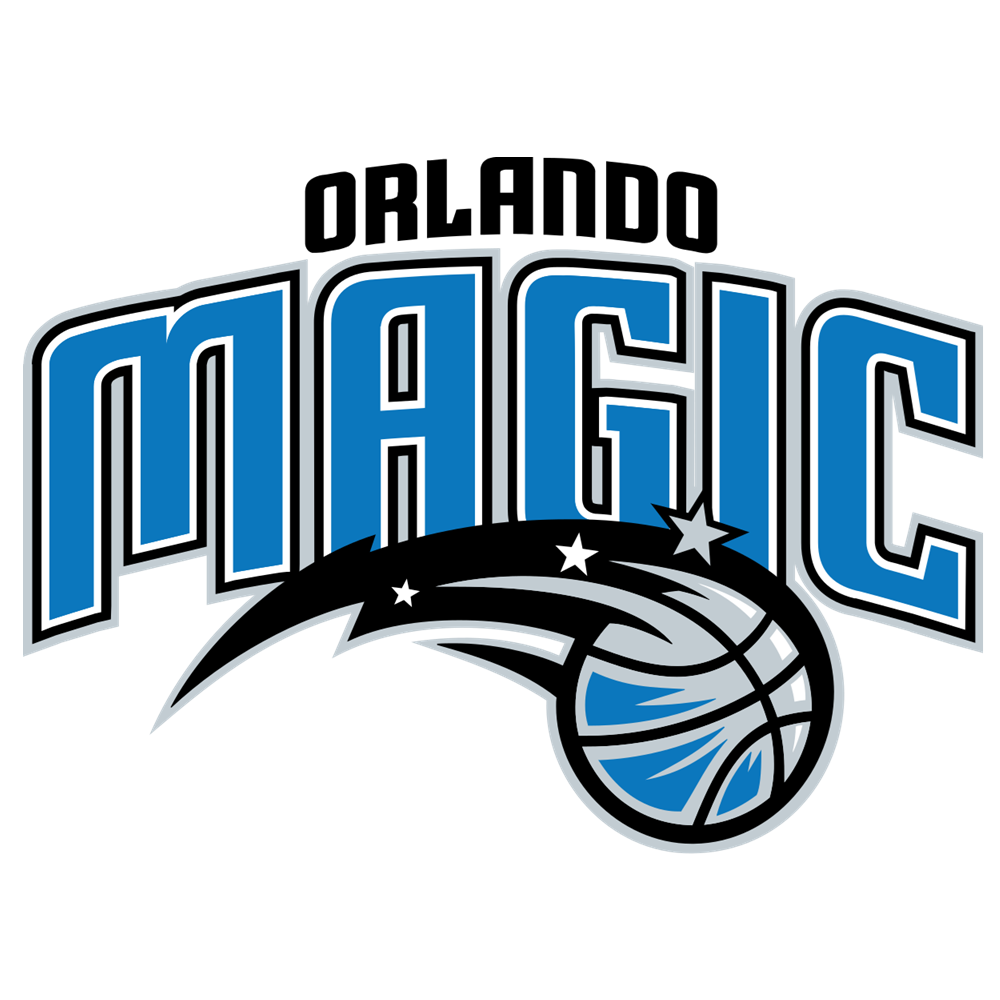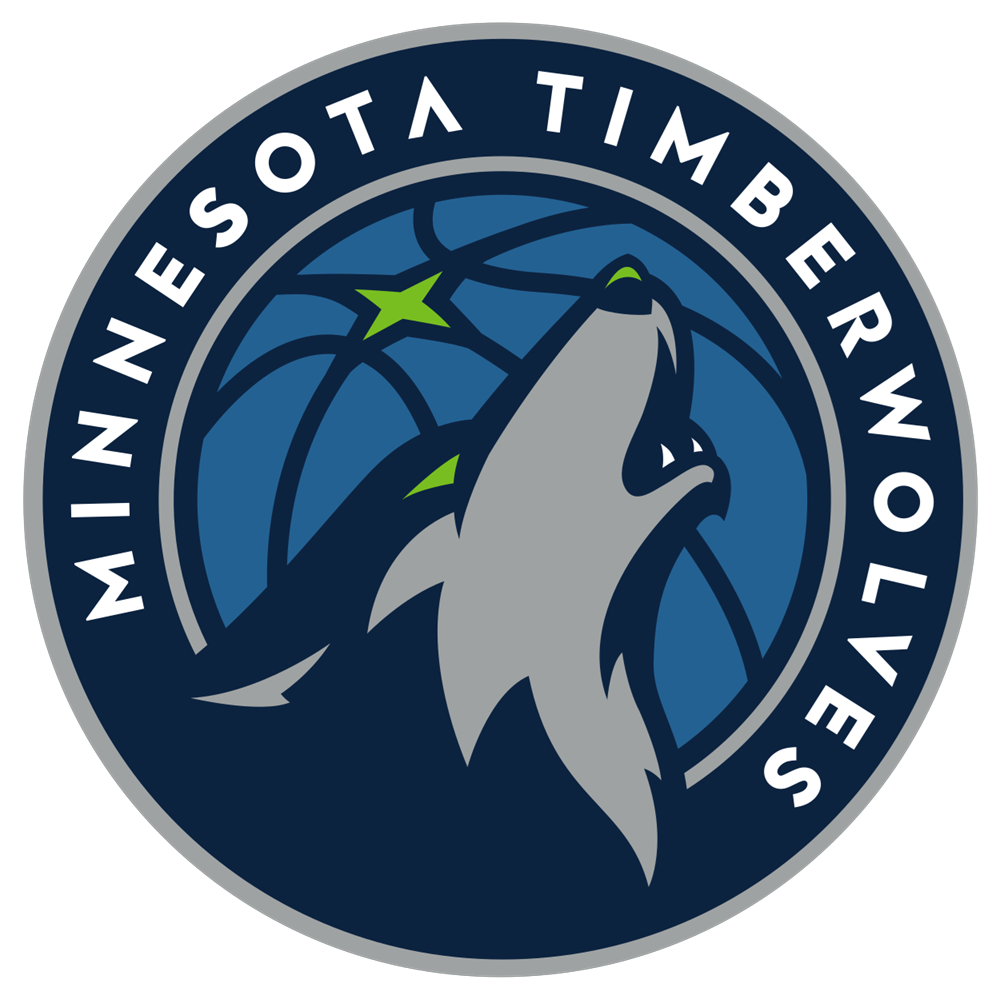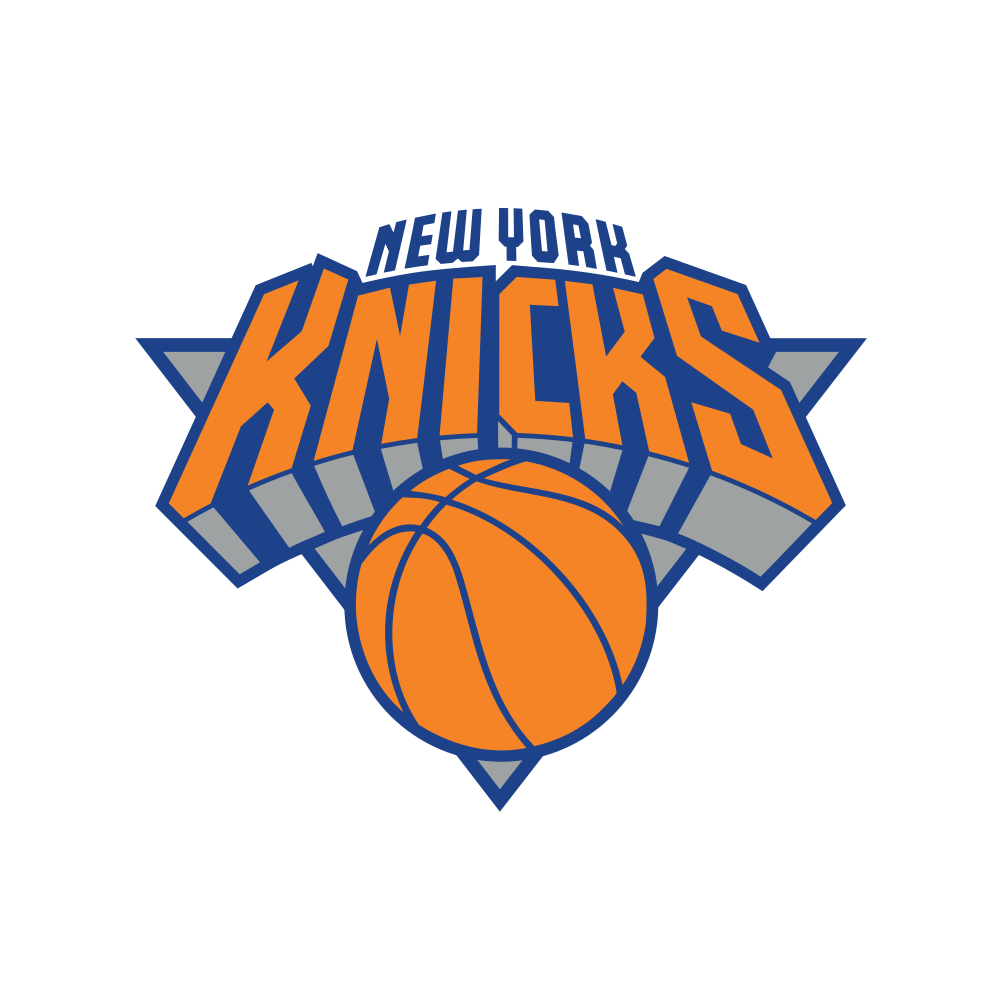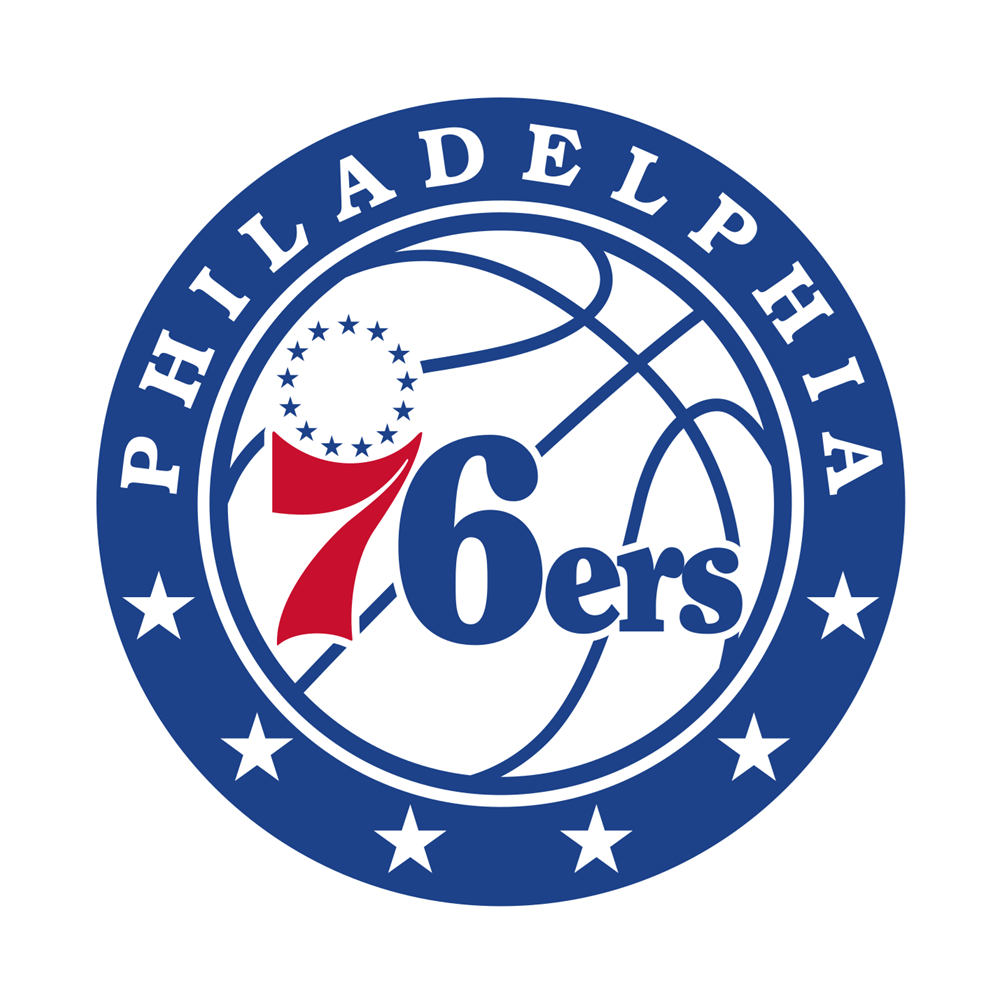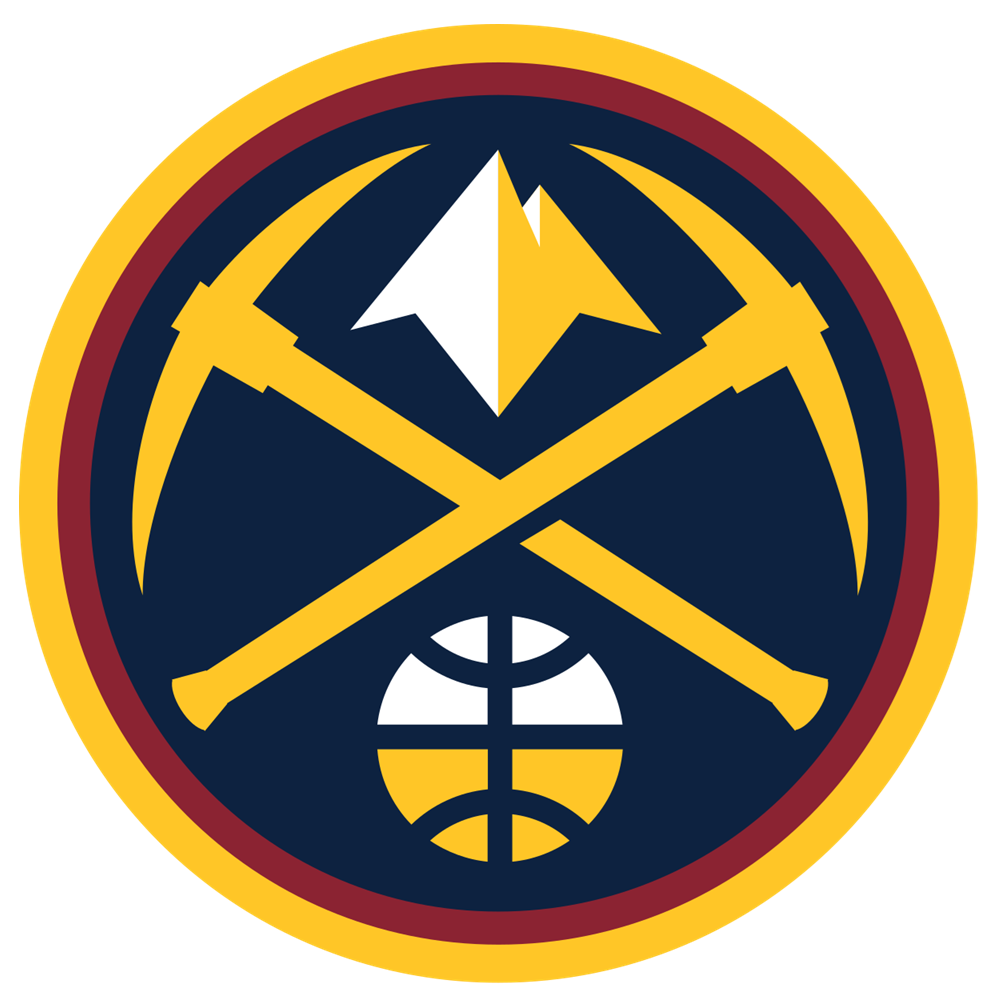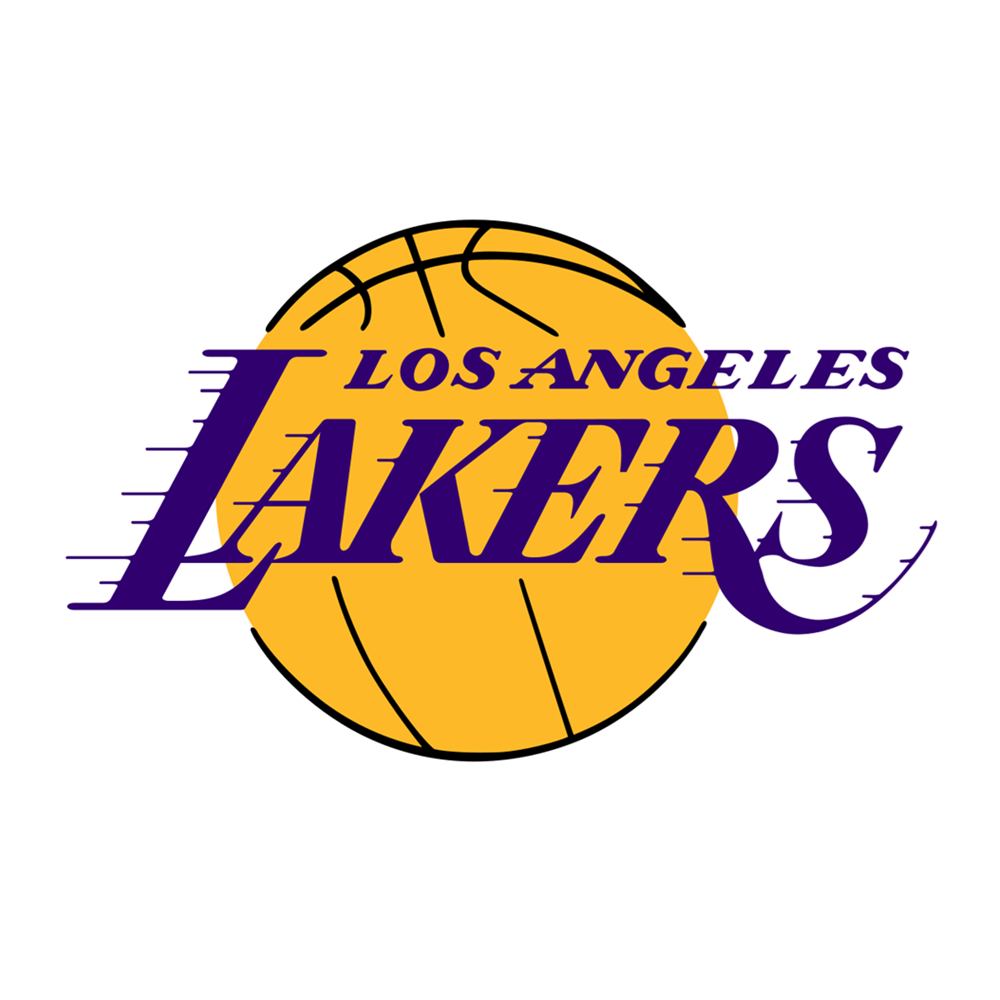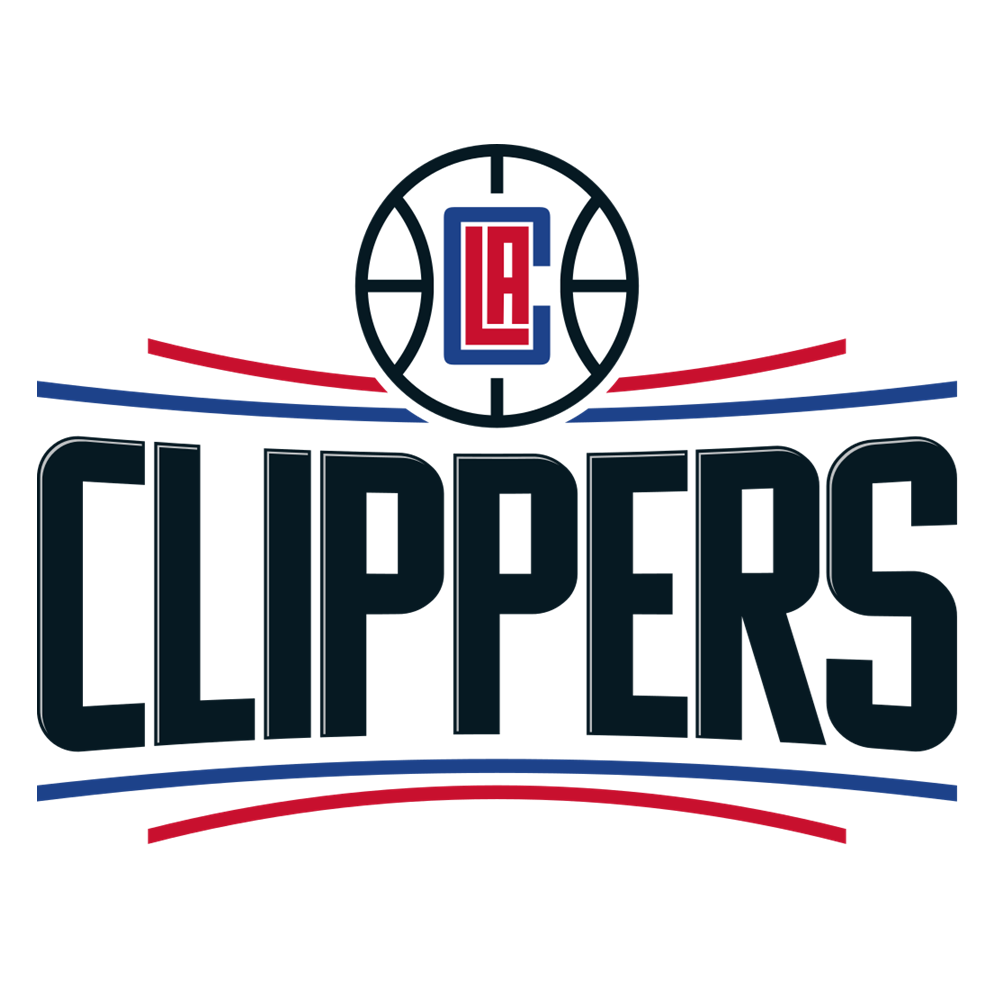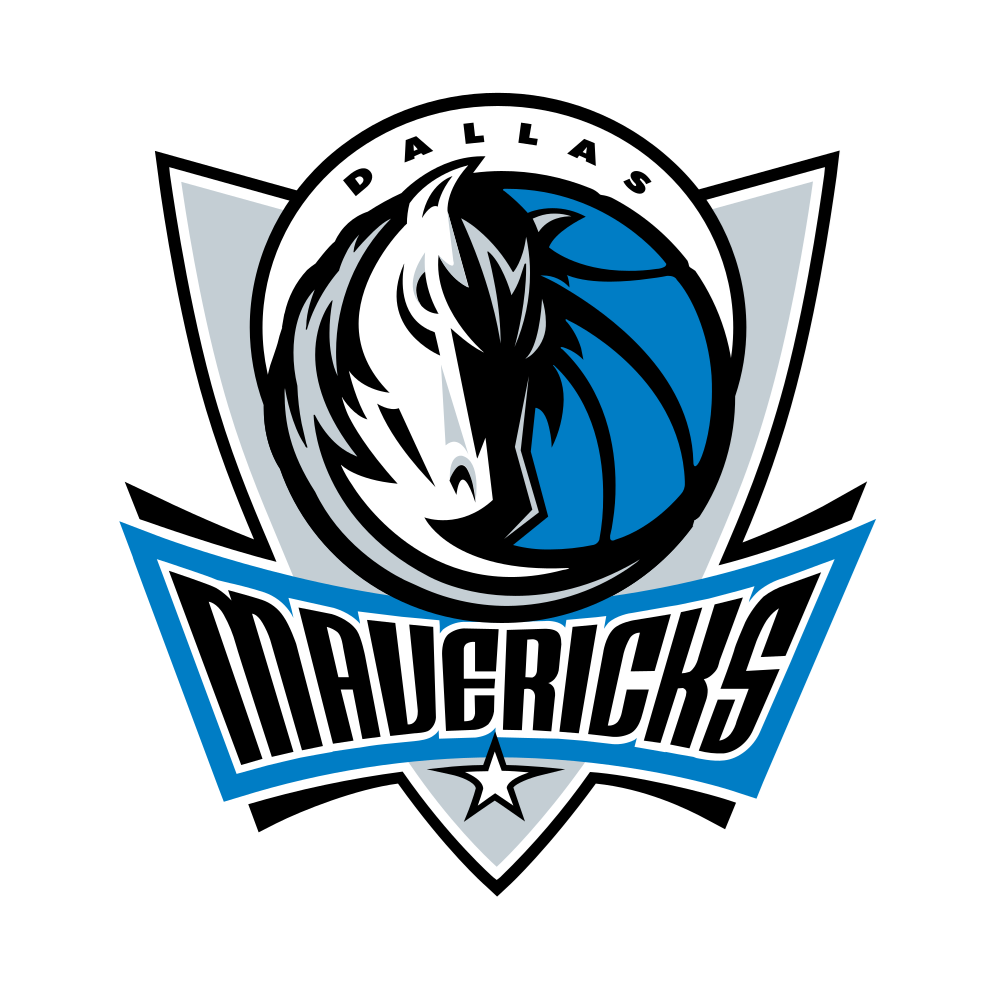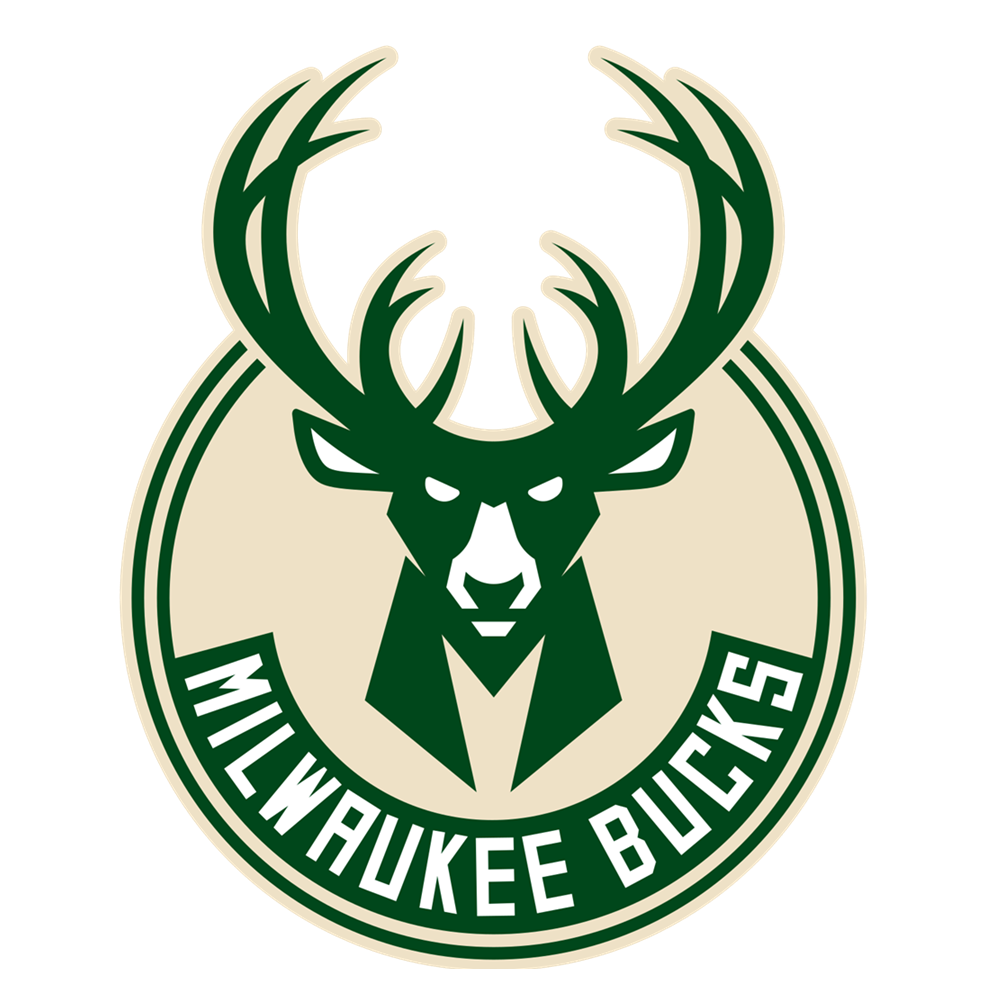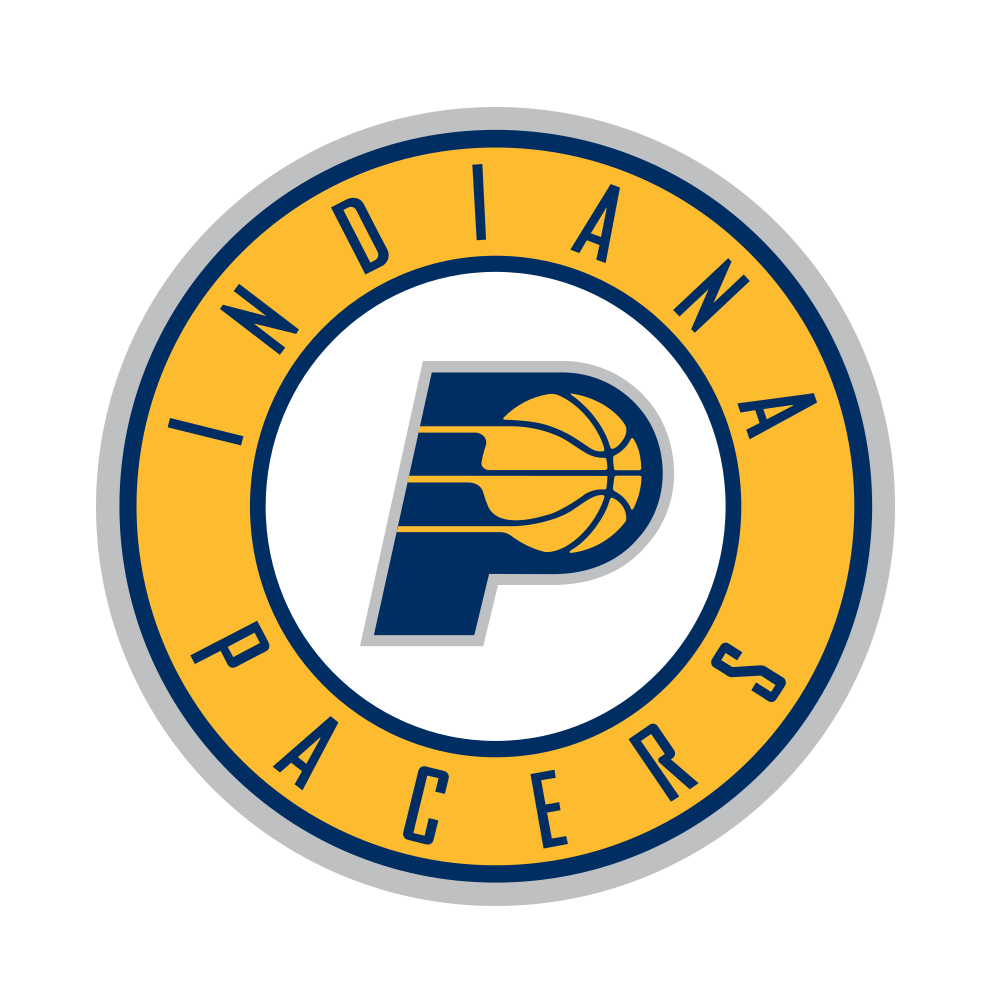“The Golden State Warriors have ruined the NBA!”
This sentiment has been all over social media since the decision by DeMarcus Cousins to sign with the two-time defending champions. The Warriors now have a projected starting line-up of five former All-NBA players, when Cousins joins the rotation later in the season, when fully healed from a devastating Achilles rupture. The idea, this sentiment says, is that in able to put together such a talented team, and in having All-Star players take discounts to join a team that was already pretty great before they joined, the Warriors have ruined competitive balance. This idea is supported by the fact that the same two teams have met in the NBA Finals for four consecutive seasons.
But did the Warriors really ruin the NBA?
No, they did not.
This won’t be one of those pieces where 2,500 words are spent researching whether or not a team, that so clearly and obviously worked within the rules, did something erroneous. This, instead, will look at why uncompetitive teams are uncompetitive. There is more to it than just the Warriors being great.
The entire point of roster construction, in all sports, is to field a team that is talented enough to win championships. The Warriors certainly got lucky with that quest with Stephen Curry’s low contract number allowing them to afford Kevin Durant in 2016 free agency, but that is not something to criticise. They took advantage of a situation that played in their favour, and had they not done that, they would have failed at doing their job.
Instead of repeating this familiar refrain, then, why not turn the attention to other NBA franchises that for years on end border on incompetence, as they present a much more compelling argument for weaknesses within the NBA by not being competitive?
The Orlando Magic, who just five years ago appeared to be on a same path as the Philadelphia 76ers and Boston Celtics are on now, essentially wasted their impressive treasure chest of assets numerous times over, to the point where the organisation has had to re-start their rebuilding process time and time again.
Is trading Victor Oladipo and the 11th pick in the 2016 NBA Draft for a past-his-prime Serge Ibaka not a better argument for ruining the NBA? How about flipping Ibaka just 56 games into his Magic tenure for Terrence Ross and a late first-round pick, effectively trading two lottery picks for a fringe starter and the rights to Anzejs Pasecniks? (Pasecniks, by the way, was later moved to Philadelphia for a top 20 protected 2020 first-round pick that will become two second-round picks if not conveyed, meaning Orlando might not even get a first-round pick out of this whole exchange.)
Does it help the quality of the Magic to trade up for a non-shooting point guard in Elfrid Payton in 2015, by sacrificing Dario Saric (the twelfth pick) and a future first-rounder that became De’Aaron Fox, only to trade Payton four years later for a second-round pick? Or how about losing a top five pick for nothing, solely because an impatient front office decided to not pick up Mario Hezonja’s fourth-year option after two seasons, only to see him break out in his third?
Orlando’s recent history is infinitely more insulting to the competitiveness of the game than what Golden State did. The Magic wasted assets in a way that almost became tradition, but they are excused from pointed fingers, as teams out of title contention so often seem to be. Yet it is they and their mismanagement of resources that ruined their own competitiveness more than anything Golden State did.
Before this past season, the Minnesota Timberwolves hadn’t made the playoffs since 2004, and only after trading for superstar Jimmy Butler. The Timberwolves completely whiffed on draft picks and trades during the four-year tenure of David Kahn, leaving them ineffective and uncompetitive years after his dismissal.
While having enjoyed a small resurgence due to the arrival of franchise center Karl-Anthony Towns and the aforementioned Butler, the Wolves remain problematic. Last summer, they signed Andrew Wiggins to a maximum value contract worth $146.5 million that takes effect this season. Wiggins will start out at over $25 million, and will end up earning well over $33 million in the final year of his deal, while his play has declined drastically.
Head coach and team president Tom Thibodeau also runs a style that completely ignores depth, leaving valuable components like Tyus Jones and Gorgui Dieng on the outside looking in, which wouldn’t be the case on 29 other franchises. Thibodeau’s stubbornness and Minnesota’s lackadaisical spending could prevent them from returning to the playoffs this season, which would be no one’s fault but their own.
Poor asset and financial management is a theme throughout the NBA. In 2016, the Lakers spent $138 million on the combined contracts of Luol Deng and Timofey Mozgov, with Mozgov being shipped off one year later in a salary dump that cost the Lakers the services of D’Angelo Russell, the second overall pick of the 2015 NBA Draft. Deng is still on the books, and while the club did sign the best player in the game earlier this month, prior incompetence was still well-established. It remains to be seen if their decision to renounce Julius Randle to free up money for Rajon Rondo will come back to haunt them.
The Portland Trail Blazers, a team on the rise with the pairing of Damian Lillard and C.J. McCollum, decided to throw $70 million into the hands of Evan Turner, and $41 million in the direction of Meyers Leonard in 2016, closing off whatever methods they had of strengthening their roster, simultaneously wasting away years of Lillard and McCollum’s prime years.
As noted above, 2016 was a big year of reckless spending, much of it on low-quality big men. With Mozgov and Leonard already covered, there was Washington showering Ian Mahinmi with $64 million, Orlando giving up $70 million to Bismack Biyombo, and New York handing Joakim Noah $72 million. The Knicks in particular have been perpetually horrid for years, either trading away key draft picks for middling talent, or drastically overpaying for the same. Andrea Bargnani’s 71-game career with the Knicks cost them a 2016 first-round pick, later becoming Jakob Pöltl, and just last year the Knicks decided Tim Hardaway’s 11 points per game scoring average was worth $72 million over four years.
Ownership woes have only caused a severe rift with the loyal fan base, furthering their struggles as an organisation, as drama and sexual harassment lawsuits has circled club management. And yet we are to believe it is the Warriors ruined the NBA by… playing their cards right?
Here’s a wrinkle frequently overlooked when pointing fingers at the Warriors: The NBA isn’t ruined or broken. During the course of an NBA season, the Finals is merely the end-game. Fans and observers tune in to watch star players in new jerseys, young players taking steps towards stardom, and international viewers have become active members of the NBA fan club, which makes sense given that 108 international players from 42 countries were on NBA rosters to open the season.
Then there’s the hard facts, such as the NBA setting all-time attendance records both in total (over 22 million), on average (17,987) and sell-outs (741) during last season. The Conference semi-finals ratings jumped 6% from 2017.
Whatever notion there is about Golden State ruining the league is essentially an argument against competent teams being able to navigate their own waters, and asking them to intentionally capsize for...what? Parity?
The NBA, despite what some may believe, has parity. Everyone plays under the same rules, only some play it better than others. That’s it. The Oklahoma City Thunder drafted three MVPs in consecutive years, but they played within the exact same premise as everyone else and not once did they select first in a draft. Sam Presti and his scouting team just flat-out won draft night on three consecutive occasions because they were better at evaluating talent.
Sure, some teams are more willing to open up their wallets than others, but that is not the fault of the Warriors nor the NBA. Owners have varying personalities and emotional investment to their teams. Not all are super fans like Mark Cuban and Steve Ballmer, and some, like Chicago’s Jerry Reinsdorf, view owning an NBA team as a cash-grab to finance other passions such as baseball. It’s impossible to guess what angle Sacramento Kings owner Vivek Ranadivé has on basketball, but it’s safe to say his meddling has resulted in the worst five-year stretch of Kings basketball in franchise history.
Ultimately, it comes down to this: If you reset the NBA today, removing all player contracts, coaches, management, owners, and owed draft picks, starting over everything from a clean slate, the result won’t change. Some will work the system, legally, to their advantage, while some will compound mistakes for years on end. That first group will win, and that last one will lose. Rightly so.
Don’t blame the Warriors for that.
